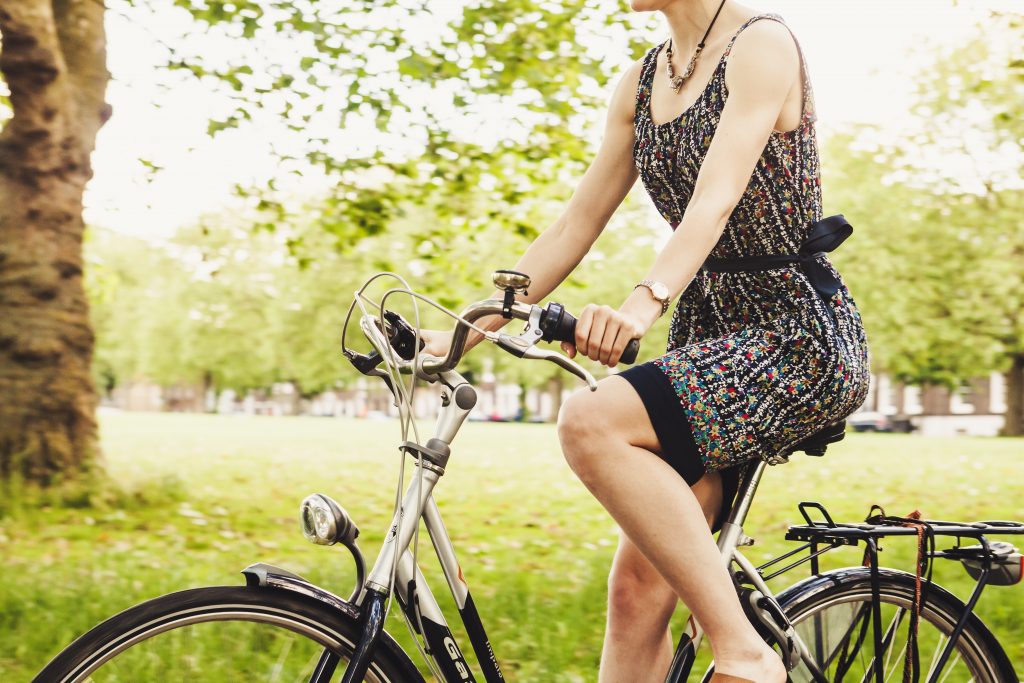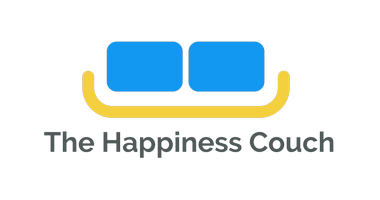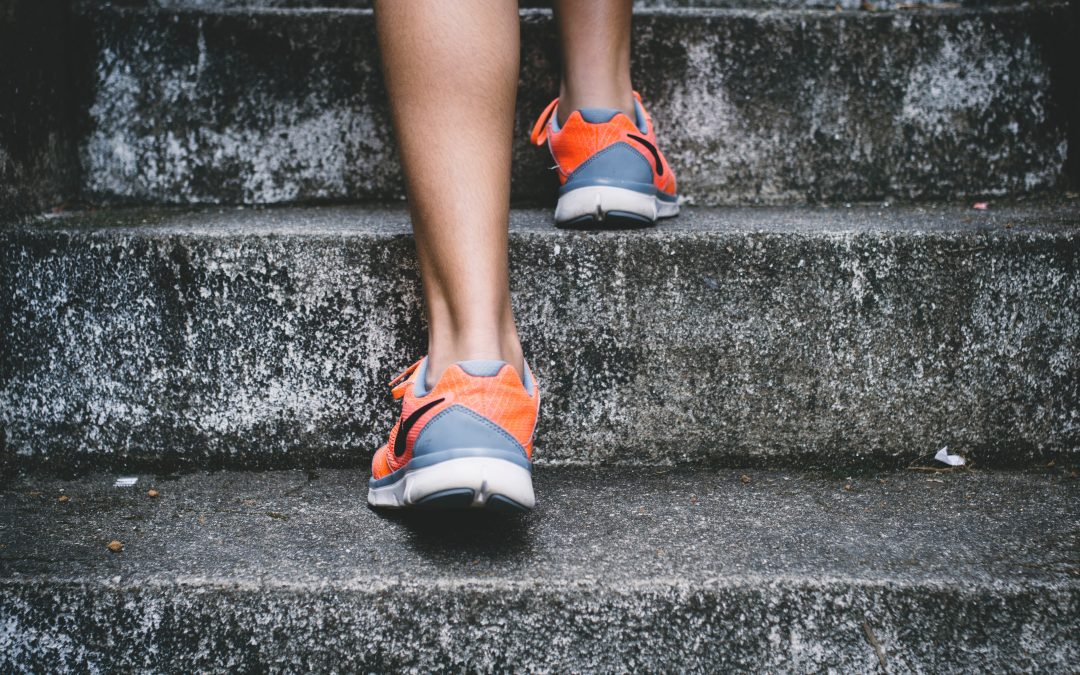Do you have a New Year Resolution?
The common ones are losing weight, giving up alcohol, exercising more, quit smoking or chocolate, learning something new such as a language or the latest trend becoming vegan. Resolutions are generally either about doing more or less of something.
Setting a resolution isn’t something I’m personally fond of, I’ll explain why.
Let’s start with the definition of ‘resolution’ – to do or not do something. That’s very black and white isn’t? There is no room for manoeuvre, no space for an off day. Once you start to slip it’s over, you’ve failed and given up on your resolution. Did you know that most resolutions are ditched by the 3rd week of January? It’s not surprising really when we’re recovering from Christmas, New Year and trying to get back into the swing of things at a time of year when our resources are low. It’s so much easier in summer!
What concerns me is not the goal itself, but how we measure ourselves against these goals – A resolution is a goal driven by behaviours and habits. So when we don’t achieve them we use language such as I’ve failed, I’ve given up, I’m not good enough, or I’m useless. These identity statements can begin to shape who we perceive ourselves to be and certainly don’t help our mental health or wellbeing. So what’s the solution?

Setting a goal to do more or less of something that encourages us to be healthier or grow isn’t it a bad thing. What we call these goals and how we approach them is what makes a difference. I propose we rethink resolutions and use the term intention or pledge, which are undertakings. A pledge or intention allows for slips or wiggle room, like learning to ride a bike, you may wobble, put your foot down or even fall off but you get back on and keep going. You focus on the smaller elements and not the result. To achieve a pledge, you need to focus on changing the behaviours or habits that drive the outcome. For example, your pledge might be to exercise more. Instead of committing to a year membership at a gym hoping to go three times a week, why not start by increasing your exercise by changing existing habits, i.e. taking the stairs instead of the lift, parking further away from the office or walking a longer route to work or school. Completely new habits require new neural pathways in the brain; it takes a lot of repetition for them to embed, so utilising existing habits and changing them slightly has greater success. Establishing a routine based around an existing habit such as walking to work three times a week and then upscaling it to the gym three times a week is more achievable. Remember if metaphorically you fall off the gym bike (not literally, ouch!) then get back on! Staying committed to your intention or pledge requires resilience and kindness too.
What’s your pledge or intention for 2020?
@The Happiness Couch


